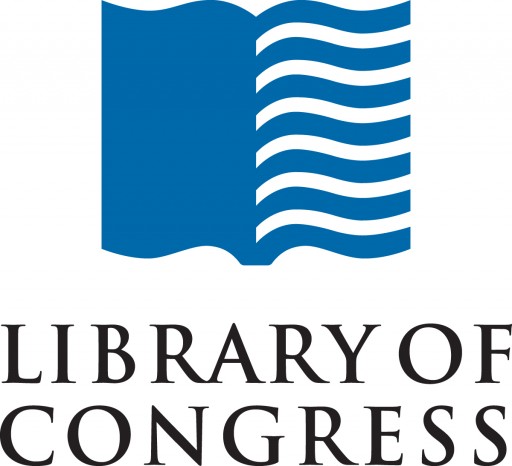“The Longevity of Human Civilization” Symposium
September 9, 2013
 Will the longevity of human civilization on Earth be imperiled, or enhanced, by our world-changing technologies? Scientists, humanists, journalists and science-fiction authors will convene to answer this question in a daylong symposium at the Library of Congress John W. Kluge Center on Sept. 12.
Will the longevity of human civilization on Earth be imperiled, or enhanced, by our world-changing technologies? Scientists, humanists, journalists and science-fiction authors will convene to answer this question in a daylong symposium at the Library of Congress John W. Kluge Center on Sept. 12.
David H. Grinspoon, the first Baruch S. Blumberg NASA/Library of Congress Chair in Astrobiology at the Kluge Center, will lead the discussions.
The symposium, from 8:30 a.m. to 4:30 p.m. on Thursday, Sept. 12, is free and open to the public. The events will take place in room 119 of the Library’s Thomas Jefferson Building, 10 First St. S.E., Washington, D.C.
There will be four panels devoted to the theme of longevity. One panel will focus on nature: What of nature is left to be saved and how will humans choose to save it? A second will address human imaginings of the future and will feature science fiction writers in conversations with scientists. A third panel will specifically address world-altering technologies, including those that may affect climate or biological evolution, as well as those that may prevent future disasters. The final panel will be a group discussion summarizing the entirety of the day.
“We’ve reached the stage in Earth’s evolution where humans are now a major agent of planetary change,” says Grinspoon. “Will these abilities threaten our survival as a species, or even threaten the Earth as a whole, or will we come to live comfortably with these new powers and use them to avoid, rather than hasten, disaster? This event is meant to explore these questions from a wide range of perspectives.
SCHEDULE:
8:30 a.m., Introductory Remarks
Mary A. Voytek, senior scientist for astrobiology at NASA
Carolyn T. Brown, director of the Office of Scholarly Programs, Library of Congress
9 a.m., Setting the Stage
David Grinspoon, Baruch S. Blumberg NASA/Library of Congress Chair in Astrobiology at the Library of Congress. Each panel below will be moderated by Grinspoon.
9:15 a.m. to 10:25 a.m., The Nature of Nature: What Should We Choose to Save?
David Biello, journalist covering environmental issues in the United States and internationally
Odile Madden, materials scientist and engineer at the Smithsonian’s Museum Conservation Institute
Rick Potts, paleoanthropologist, director of the Smithsonian’s Human Origins Program and curator of anthropology at the National Museum of Natural History
Break
10:45 a.m. to 11:55 a.m., Seeing What’s in Store: The Future in the Literary and Scientific Imagination
Kim Stanley Robinson, science-fiction author
Ursula Heise, professor of English, UCLA’s Institute of the Environment and Sustainability and immediate past president of the Association for the Study of Literature and the Environment
Steven Dick, astronomer, author, historian of science and 2014 Baruch S. Blumberg NASA/Library of Congress Chair in Astrobiology
Lunch Break
1:15 p.m. to 2:40 p.m., Living with Ourselves: Can We Form a Healthy, Stable, Long-term Relationship with Technology and the Biosphere?
Seth Shostak, senior astronomer at the Search for Extraterrestrial Intelligence (SETI) Institute in Mountain View, California
Andrew Revkin, non-fiction, science and environmental writer, New York Times DotEarth blog
Ken Caldeira, atmospheric scientist at the Department of Global Ecology of the Carnegie Institution for Science
Jacob Haqq-Misra, planetary climatologist with a specialty in environmental ethics
Break
3:00 p.m. to 4:20 p.m., Concluding Thoughts
An open discussion with all 10 panelists and audience members on questions posed throughout the day.